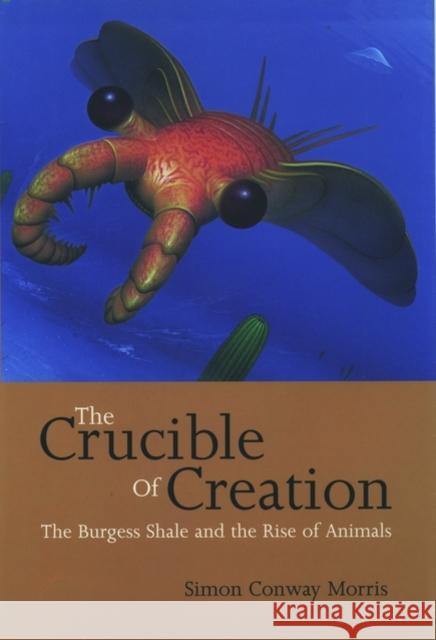The Crucible of Creation: The Burgess Shale and the Rise of Animals » książka
The Crucible of Creation: The Burgess Shale and the Rise of Animals
ISBN-13: 9780192862020 / Angielski / Miękka / 2000 / 276 str.
In The Crucible of Creation, paleontologist Simon Conway Morris describes the marvelous finds of the Burgess Shale--a fantastically rich deposit of bizarre and bewildering Cambrian fossils, located in Western Canada.
Conway Morris is one of the few paleontologists ever to explore the Burgess Shale, having been involved in the dig since 1972, and thus he is an ideal guide to this amazing discovery. Indeed, he provides a complete overview of this remarkable find, ranging from an informative, basic discussion of the origins of life and animals on earth, to a colorful description of Charles Walcott's discovery of the Burgess Shale and of the painstaking scientific work that went on there (as well as in Burgess collections held at Harvard and the Smithsonian), to an account of similar fossil finds in Greenland and in China. The heart of the book is an imaginative trip in a time machine, back to the Cambrian seas, where the reader sees first-hand the remarkable diversity of life as it existed then. And perhaps most important, Conway Morris examines the lessons to be learned from the Burgess Shale, especially as they apply to modern evolutionary thinking. In particular, he critiques the ideas of Stephen Jay Gould, whose best-selling book Wonderful Life drew on Conway Morris's Burgess Shale work. The author takes a fresh look at the evidence and draws quite different conclusions from Gould on the nature of evolution.
This finely illustrated volume takes the reader to the forefront of paleontology as it provides fresh insights into the nature of evolution and of life on earth.











